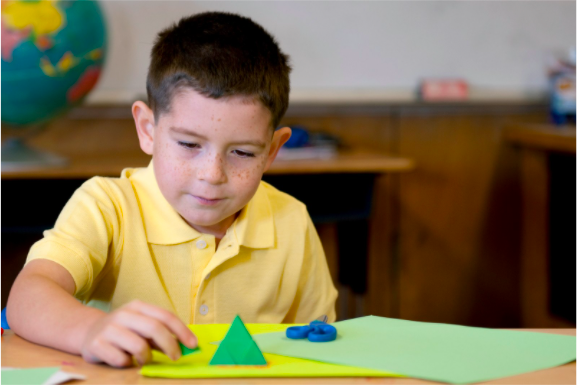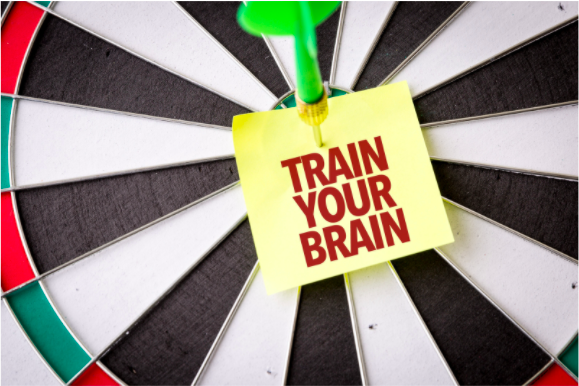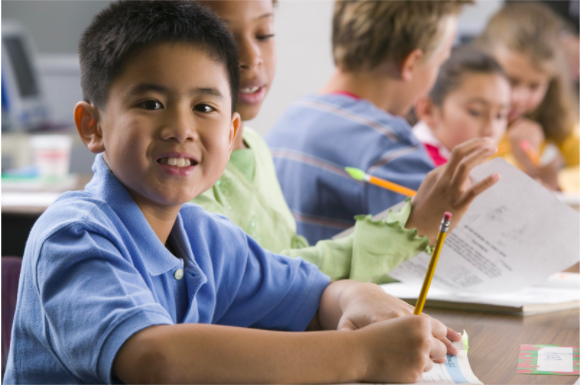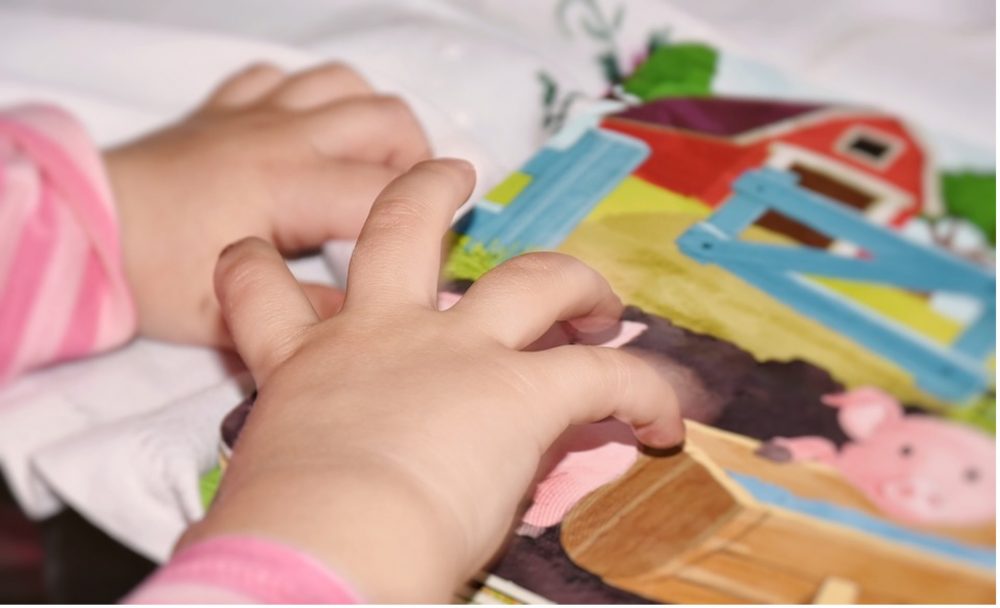
At some point, we all experience moments when we struggle to concentrate on what we are doing. The difference is adults can intentionally decide to concentrate on a task, while children may not be able to do it, especially if there are distractions. Children, on the other hand, do not find it as easy to concentrate. They are easily distracted, and this affects learning. Attention training for kids will improve concentration.
Buy detailed colouring books.
Colouring is not just a way to keep children busy and test their creativity. It is also a way to improve concentration in kids. Have you noticed how focused children are when they are colouring?
When you get detailed colouring books which will force the child to use multiple colours. The child will need to work for longer. After some time, the child will be able to concentrate on tasks that take a longer time to complete.
Set a longer time for more enjoyable tasks
One of the recommended responses to how to improve concentration in kids is to give them enjoyable tasks. Children easily lose interest in activities they find boring. It isn’t easy to improve concentration in kids by introducing tasks they don’t enjoy.
As children grow older, they will have the mental capacity to appreciate that sometimes they will have to complete tasks that they don’t enjoy. However, younger children don’t have the mental capacity to understand that task completion is not always based on how much they like the project.
Since your target is improved focus and concentration, you should ensure you choose age-appropriate fun activities.
Introduce one task at a time
Multi-tasking may be necessary for adults, but it is not how to improve children’s concentration. When you ask a child to perform several tasks simultaneously, he is likely to become confused and frustrated.
In the end, no task will be completed, and he would have lost interest in all the activities. Instead, introduce one activity at a time. For example, when teaching the alphabet, focus on this until the child understands before moving on to another lesson.
Play games that require critical thinking skills
Children are naturally curious. Critical thinking is a skill that children develop as they grow older. If you seek attention training for kids, you can introduce games that require the child to focus and concentrate. For example, jigsaw puzzles and card games are great for testing a child’s concentration and encourage the development of critical thinking skills.
Choose a distraction-free environment.
Children often lose concentration if there is a source of distraction. One of the lessons on how to improve concentration in kids is to limit distractions as much as possible. If the outdoors serve as a distraction, you can choose the indoors for lessons that require maximum concentration.
Introduce breaks between tasks
Children can only concentrate for a limited period. Children can’t focus on a task or activity for long periods. Childhood development experts who handle attention training in children put an upper limit of five minutes multiplied by the child’s age. This means a two-year-old can concentrate for up to 10 minutes, while a five-year-old has a maximum attention span of 25 minutes.
Other experts recommend an average of 2-3 minutes per the child’s age. This means 4-6 minutes for a two-year-old and 12-18 minutes for a 6-year-old. Older children, like sixteen-year-olds, can concentrate for an average of 48 minutes.
Knowing how to improve children’s concentration and focus will help you determine how best to introduce breaks between tasks.
These tips will help to improve your child’s concentration irrespective of the environment.





